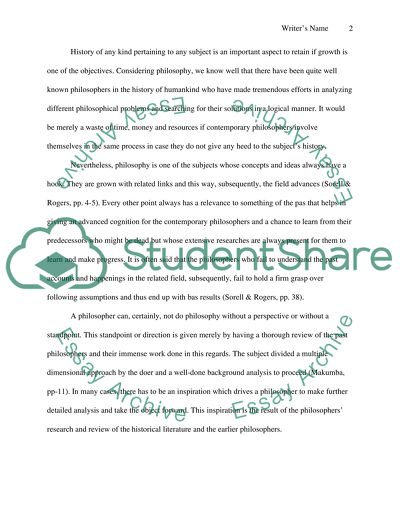Cite this document
(“Should Philosophers care about the history of philosophy Essay”, n.d.)
Retrieved from https://studentshare.org/environmental-studies/1408709-should-philosophers-care-about-the-history-of
Retrieved from https://studentshare.org/environmental-studies/1408709-should-philosophers-care-about-the-history-of
(Should Philosophers Care about the History of Philosophy Essay)
https://studentshare.org/environmental-studies/1408709-should-philosophers-care-about-the-history-of.
https://studentshare.org/environmental-studies/1408709-should-philosophers-care-about-the-history-of.
“Should Philosophers Care about the History of Philosophy Essay”, n.d. https://studentshare.org/environmental-studies/1408709-should-philosophers-care-about-the-history-of.


